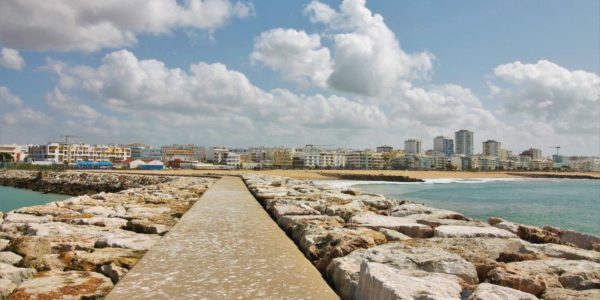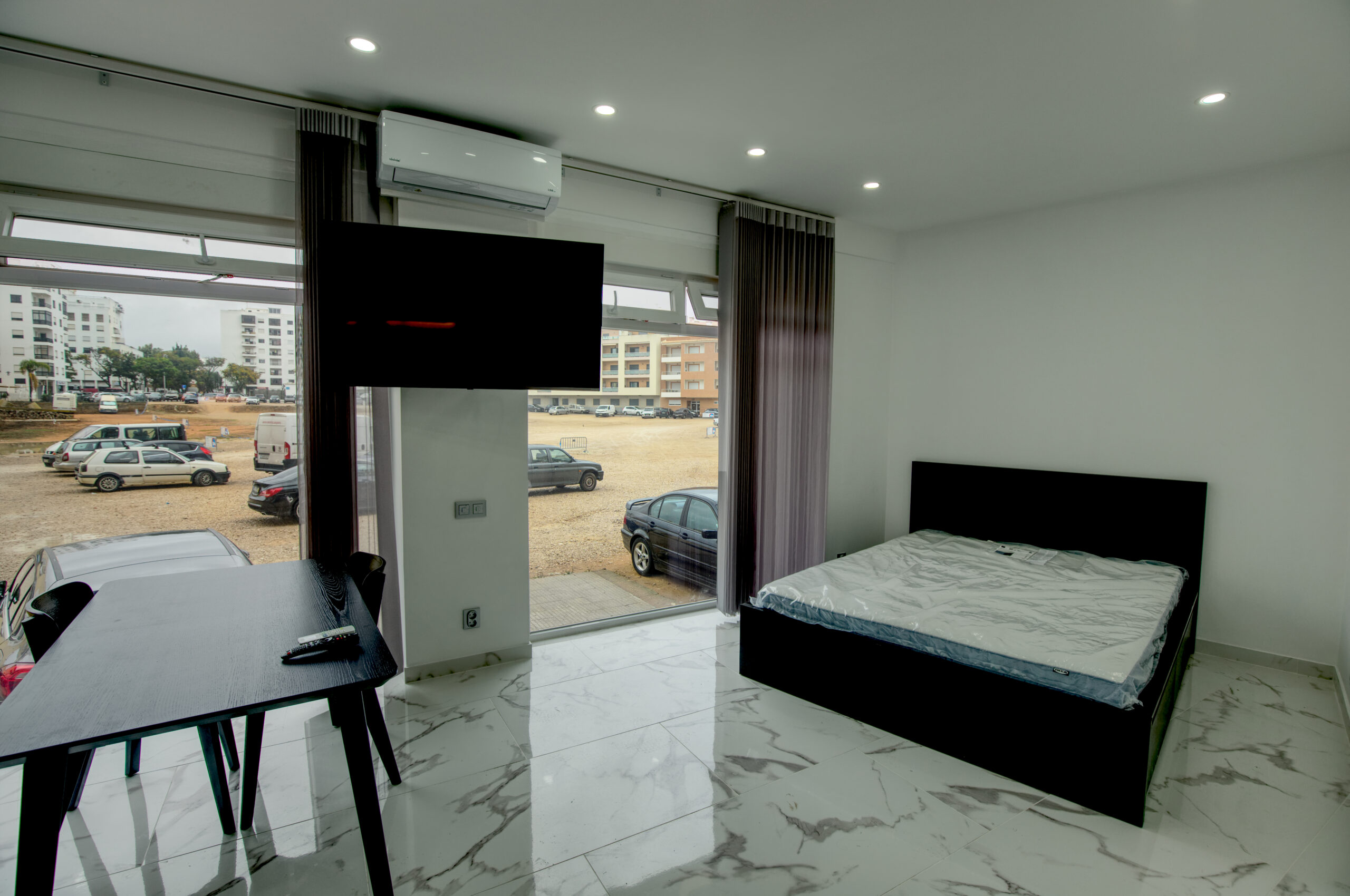
Portugal occupies one-sixth of the Iberian Peninsula at Europe’s southwestern perimeter. To its north and east is Spain, which makes up the rest of the peninsula; to the south and the west is the Atlantic Ocean and to the west and southwest lie the Azores (Açores) and the Madeira Islands, which are part of metropolitan Portugal. Portugal is not a large Country, but it offers a great diversity of physical geography, ranging from low-lying coasts and plains to the Estrela Mountains which rise to nearly 6,500 feet (2,000 metres).
Climate of Portugal
Most of Portugal has a warm Mediterranean climate. Although Portugal’s climate varies from region to region, you can generally count on warm summers and moderate winters.
The Northern Parts of Portugal receives more rainfall. Porto is the wettest major city with Mediterranean climate. The rest of the region is also wetter during the winter months. In other northern cities like Braga and Viana do Castelo you can expect long dry summers and chilly, wet winters.
The central part of Portugal is slightly drier and hotter than in the northern areas. However, this does change when you venture further inland to the more mountainous areas. The largest key resorts in the Serra da Estrella offer up to 6 kilometres of slope. The highest resorts for skiing in Portugal extend up to an altitude of 1,997 metres.
The climate In Portugal’s capital Lisbon and all along the Tagus Valley is fantastic. You can expect hot, dry summers and relatively mild rainy winters. In fact, Lisbon has the warmest winter nights of any major European city. The average annual temperature is 17.4 °C (63.3 °F), 21.3 °C (70.3 °F) during the day and 13.5 °C (56.3 °F) at night. Lisbon has around 750 mm (30 in) of precipitation per year. November and December being the wettest months, accounting for a third of the total annual precipitation. July and August are the driest.
The further south you go in Portugal to the Algarve, the more you experience a hotter climate. Temperatures in the summer months can reach temperatures in the 30 degrees. Where Winters are mild with periodic rainfall. Although some areas can experience flooding, areas like the civil parish in Quarteira are very dry and may experience only a week of heavy rainfall throughout the winter.

I am text block. Click edit button to change this text. Lorem ipsum dolor sit amet, consectetur adipiscing elit. Ut elit tellus, luctus nec ullamcorper mattis, pulvinar dapibus leo.



